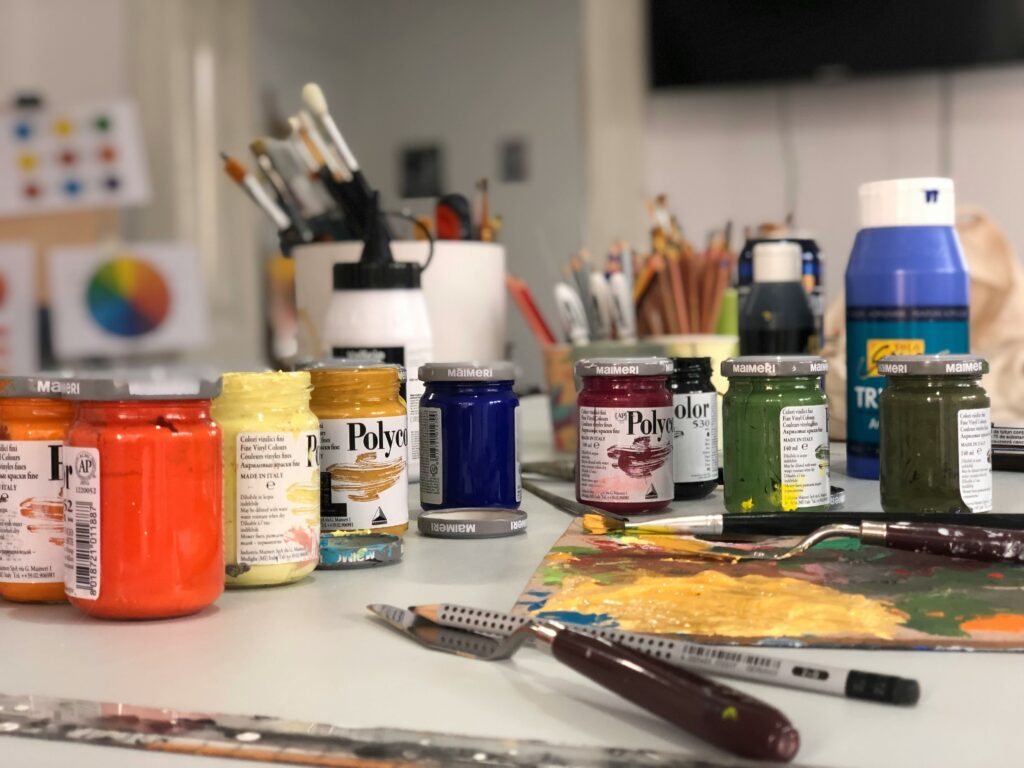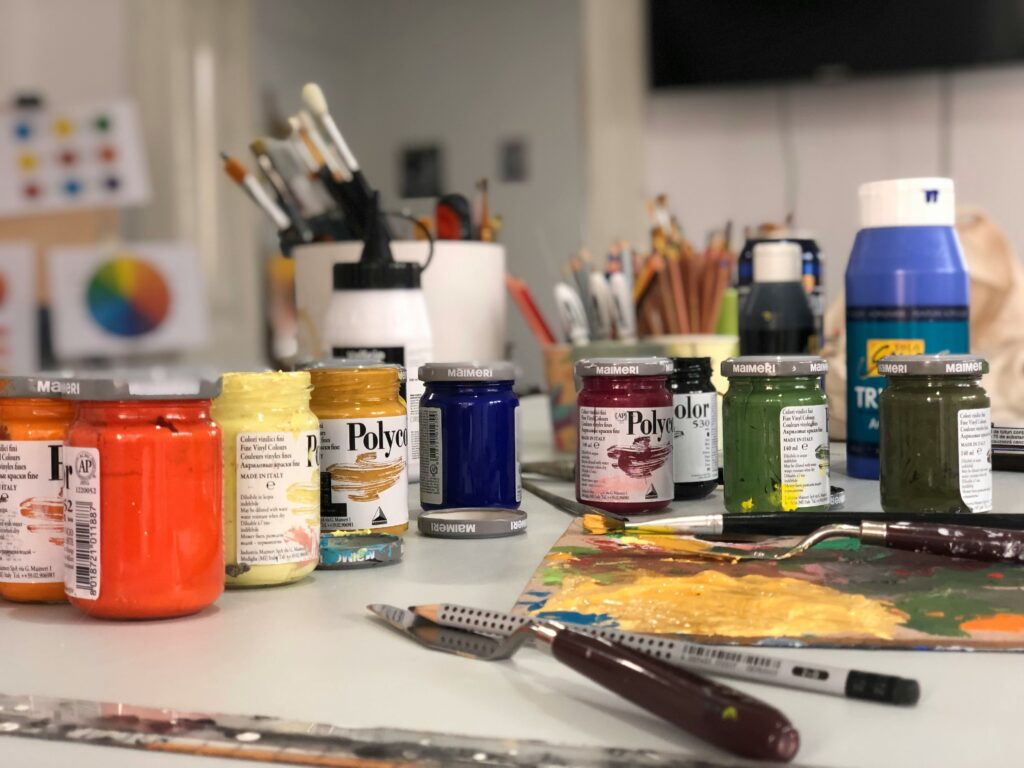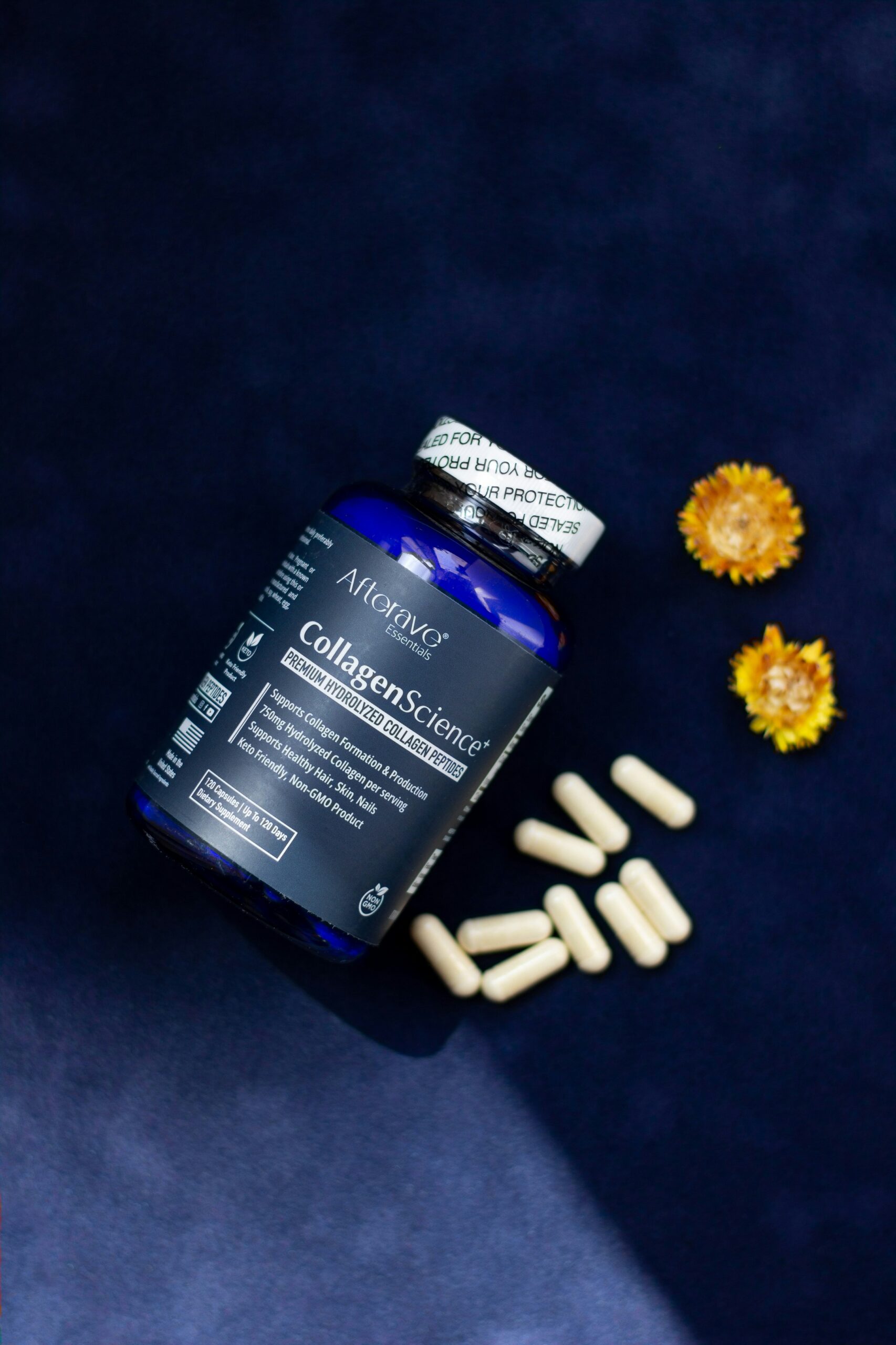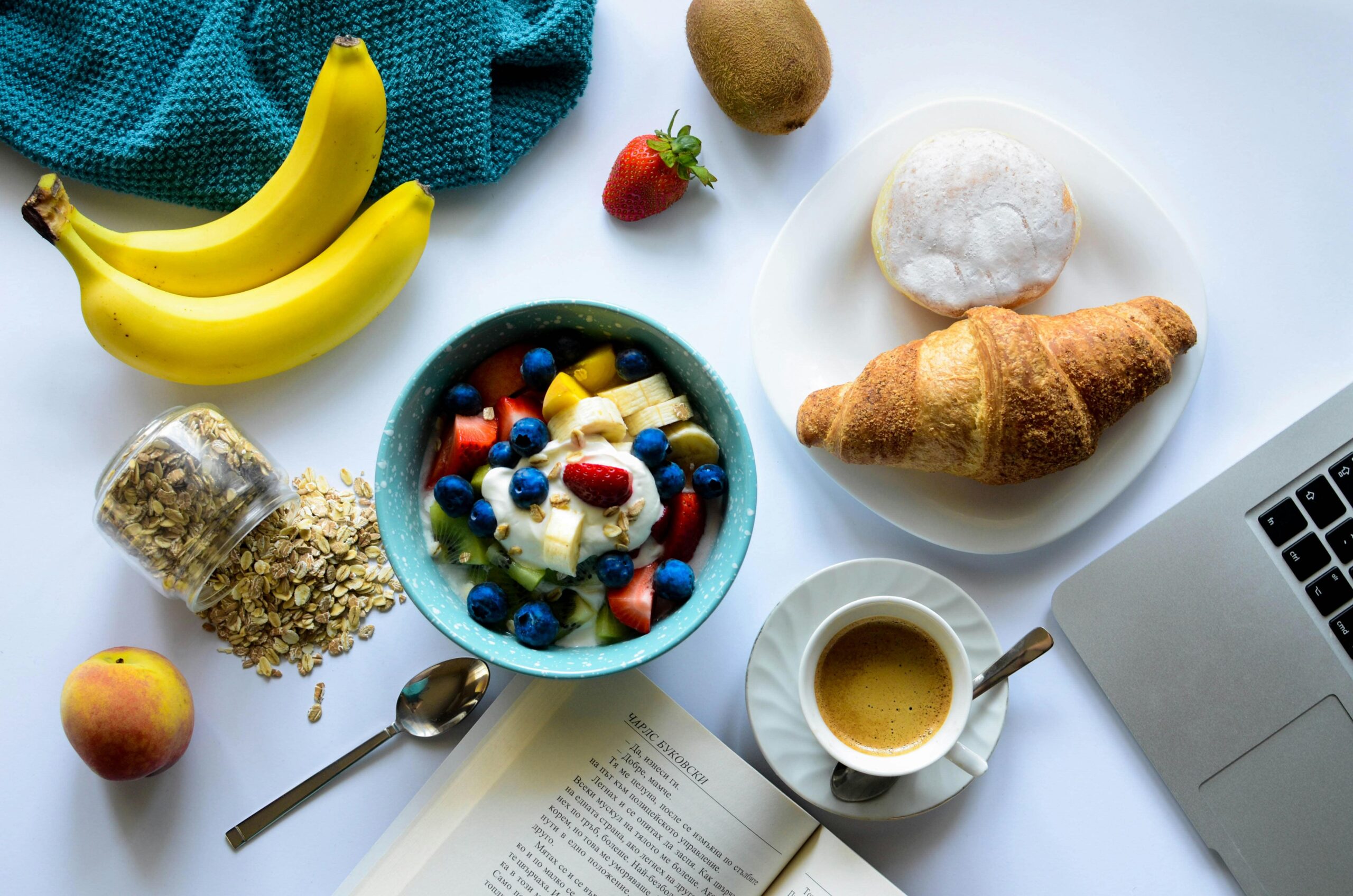Now Reading: Herbal Teas for Addiction Recovery: Support Healing, Ease Stress, and Promote Wellness Naturally
-
01
Herbal Teas for Addiction Recovery: Support Healing, Ease Stress, and Promote Wellness Naturally
Herbal Teas for Addiction Recovery: Support Healing, Ease Stress, and Promote Wellness Naturally
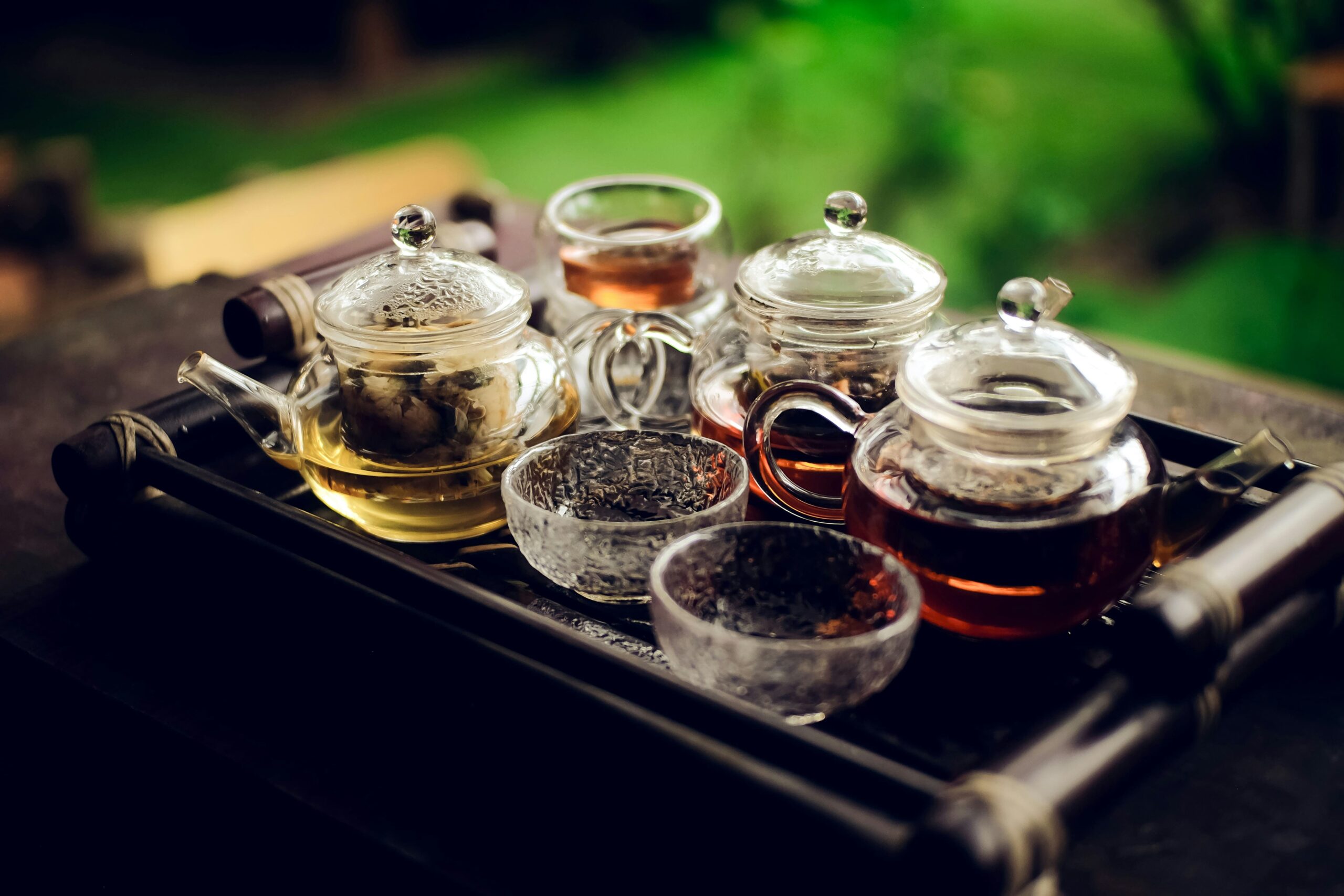
Recovering from addiction is a powerful journey of healing. Along the way, small but meaningful choices can help make recovery smoother. One simple yet effective choice is incorporating herbal teas for addiction recovery. Herbal teas offer natural healing, reduce cravings, ease stress, and promote long-term wellness. In this article, we will explore the best herbal teas and how they support recovery.
Why Choose Herbal Teas for Addiction Recovery?
Herbal teas have been used for centuries to promote health and relaxation. During addiction recovery, the body and mind go through intense changes. Stress, anxiety, cravings, and sleep problems are common. According to a study in the Journal of Alternative and Complementary Medicine (2012), herbal therapies significantly help reduce symptoms of anxiety and stress during addiction recovery.
Herbal teas are easy to include in your daily routine. They provide a natural way to:
- Soothe the nervous system
- Support detoxification
- Promote better sleep
- Curb cravings
- Boost mood and resilience
Choosing the right herbal teas for addiction recovery can bring comfort and strength to your healing journey.
Best Herbal Teas for Addiction Recovery
Let’s explore the best herbal teas that experts recommend for individuals in recovery.
1. Chamomile Tea
Chamomile tea is famous for its calming effects. It helps reduce anxiety, promote restful sleep, and soothe the digestive system. Sleep problems are common during recovery, and chamomile offers a gentle, natural solution.
Expert Tip: Drink chamomile tea about an hour before bedtime to encourage deep sleep.
2. Peppermint Tea
Peppermint tea supports digestion and relieves headaches. Recovery often comes with stomach discomfort and tension headaches. Peppermint acts as a natural muscle relaxant and mood booster.
Stat: Research in Phytotherapy Research (2013) found that peppermint tea significantly improves digestion and reduces headaches.
3. Lemon Balm Tea
Lemon balm is known for its mood-lifting properties. It helps ease anxiety, promotes relaxation, and improves cognitive function. When dealing with cravings and emotional swings, lemon balm tea can offer natural relief.
Expert Tip: Start with one cup in the morning or afternoon for a balanced mood.
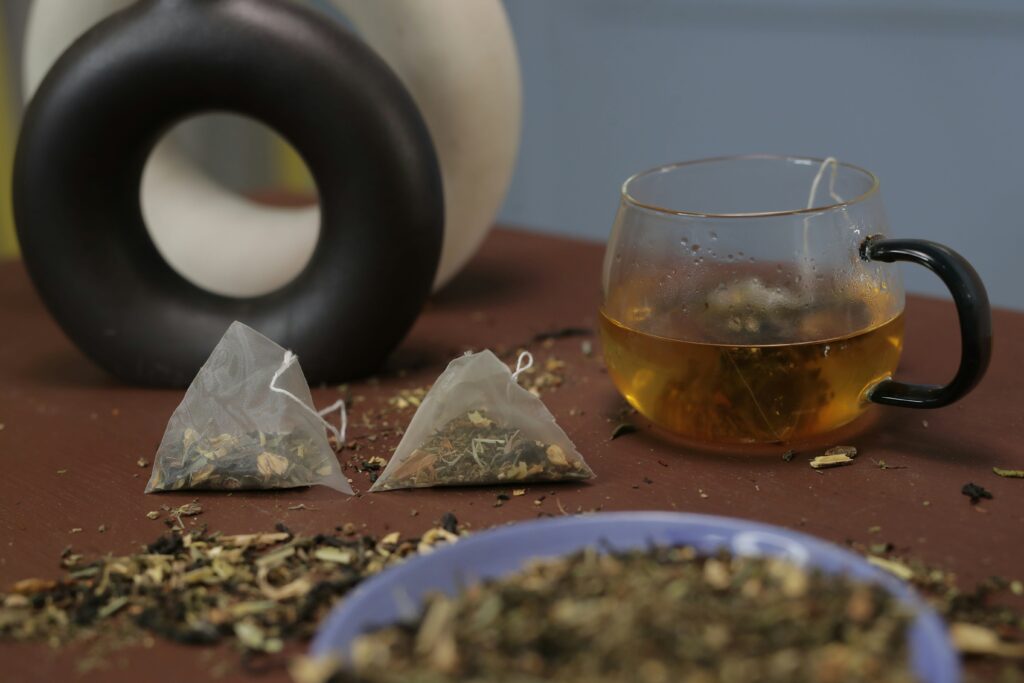
4. Ginger Tea
Ginger tea supports detoxification and strengthens the immune system. It helps reduce nausea, a common symptom in early recovery, and improves blood circulation.
Stat: According to Food & Function journal (2014), ginger has strong anti-inflammatory and antioxidant effects.
5. Green Tea
While technically not an “herbal” tea, green tea deserves a spot. It is rich in antioxidants and contains a small amount of caffeine that can gently boost energy without causing anxiety. Green tea also supports liver health, crucial during detox.
Recommended Dosage: Limit to 1-2 cups a day to avoid too much caffeine.
6. Passionflower Tea
Passionflower tea is a natural remedy for anxiety and insomnia. It helps regulate GABA levels in the brain, promoting calmness and better sleep.
Stat: A study in the Journal of Clinical Pharmacy and Therapeutics (2001) found that passionflower is as effective as some prescription anti-anxiety medications.
7. Milk Thistle Tea
Milk thistle is known for liver detoxification. Addiction, especially alcohol abuse, often damages the liver. Milk thistle supports liver cell regeneration and protects against further damage.
Expert Tip: Consult a healthcare provider before using milk thistle if you have existing liver conditions.
How to Use Herbal Teas for Addiction Recovery
Incorporating herbal teas for addiction recovery is simple and soothing. Here are some expert tips:
- Create a tea ritual. Set aside time each day to relax and enjoy your tea without distractions.
- Choose organic. Organic teas ensure you are not introducing pesticides or toxins.
- Stay hydrated. Drink plenty of water alongside tea to maintain hydration.
- Listen to your body. Notice how different teas make you feel and adjust your choices accordingly.
Additional Natural Support Tips
While herbal teas offer significant support, combining them with other healthy practices strengthens recovery:
- Eat a balanced diet. Focus on fruits, vegetables, whole grains, and lean proteins.
- Exercise daily. Movement releases endorphins and reduces stress.
- Practice mindfulness. Meditation, deep breathing, and yoga can calm the mind.
- Stay connected. Build a supportive network of friends, family, or support groups.
Final Thoughts
Choosing herbal teas for addiction recovery provides a nurturing, natural way to heal your body and mind. From reducing cravings to easing stress, these teas offer powerful benefits without harsh side effects.
Recovery is a journey that requires kindness, patience, and support. Herbal teas are a simple yet profound tool to help you heal, restore balance, and promote long-term wellness. Listen to your body, honor your progress, and embrace the natural healing path.
Sources:
- Journal of Alternative and Complementary Medicine (2012). The Impact of Herbal Therapies on Recovery.
- Phytotherapy Research (2013). Peppermint Tea’s Role in Digestive Health.
- Food & Function Journal (2014). Anti-inflammatory Properties of Ginger.
- Journal of Clinical Pharmacy and Therapeutics (2001). Passionflower for Anxiety Management.

Jen Sheldon is a seasoned writer with a passion for fitness, health, wellness, and addiction treatment. With years of experience crafting insightful and research-backed content, she helps readers navigate their journey toward better well-being. When she’s not writing, you’ll find her exploring new workout routines or diving into the latest health trends.












